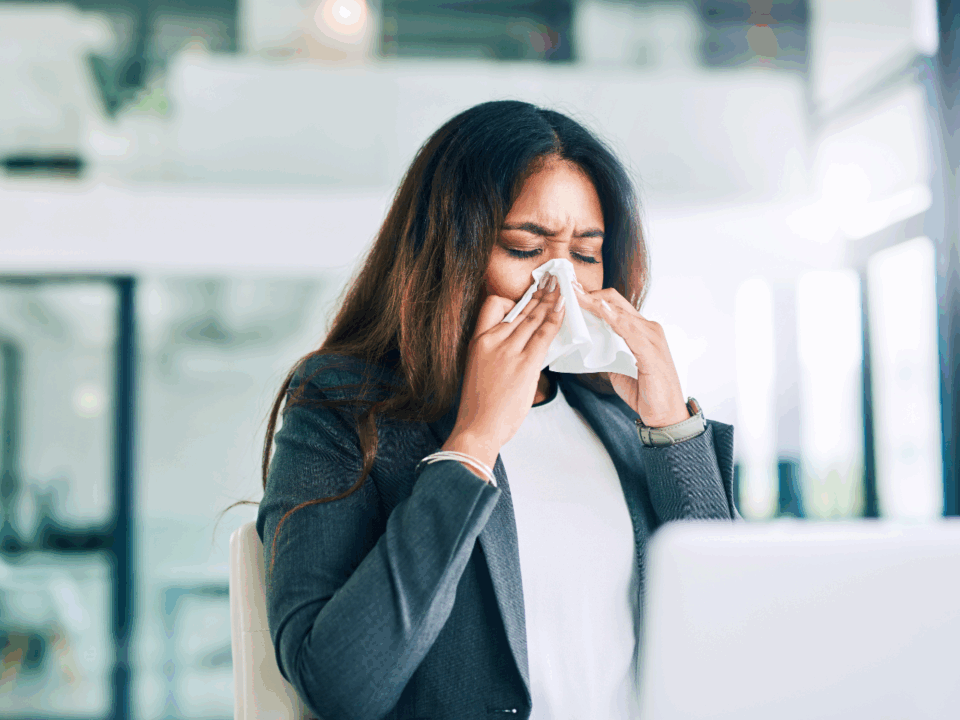With kids back in school, allergy season in full swing, and germs spreading more easily, it’s no surprise sickness seems more common this time of year. The good news? A few simple, everyday habits can help keep your immune system strong and ready to fight off whatever comes your way.
PRACTICE GOOD HYGIENE
Good hygiene habits are the first line of defense for a strong immune system. Washing your hands, avoiding people who are sick, and covering your mouth when you cough are all must-dos. If you have any cuts, clean and bandage them to avoid letting infection get in.
PRIORITIZE NUTRITION
Simply eating enough fruits and vegetables that are rich in vitamins and antioxidants will help fend off those pesky illnesses. Citrus fruits, strawberries, red bell peppers, carrots, spinach, sweet potatoes, avocados, nuts, garlic, and ginger make great additions to any diet.
STAY HYDRATED
With the heat in Baton Rouge, drinking plenty of fluids is a necessity just in everyday life. It’s also an important component in keeping your immune system strong, because it’ll help flush out toxins. Water is recommended, and drinking fewer sugary drinks and caffeinated beverages is key.
GET ENOUGH SLEEP
This is a hard one when it comes to little ones who don’t want to sleep. Where do they get all of that energy anyway?! Busy schedules filled with activities and stress can play a role in the lack of sleep. However, getting enough sleep is crucial in staying strong. According to The Sleep Foundation, “The risk of infections has been found to be higher in people who sleep less than six or seven hours per night.” When it comes to catching Zzs, 7–9 hours is recommended.
EXERCISE REGULARLY
Often the least favorite…exercise still plays a big role in building up immunity. However, you can still make it fun. Walking, yoga, and cycling are all great ways to get moving. Start a walking group with your friends or family, or pull up a YouTube video for a walkthrough of yoga moves. You don’t have to join a gym to get moving!
MANAGE STRESS
If you think getting enough sleep is hard, managing stress can sometimes be even harder. Stress has a way of affecting our bodies in various ways, including muscle tension, shortness of breath, rapid breathing, an increase in heart rate, and changes in gut bacteria and menstruation. The American Psychological Association recommends “maintaining a healthy social support network, engaging in regular physical exercise, and setting an adequate amount of sleep each night,” in order to most effectively manage stress.
Incorporating these steps into your everyday routine will help to build a stronger immune system, so you can get outdoors and enjoy all of the local fun and family activities this season.





